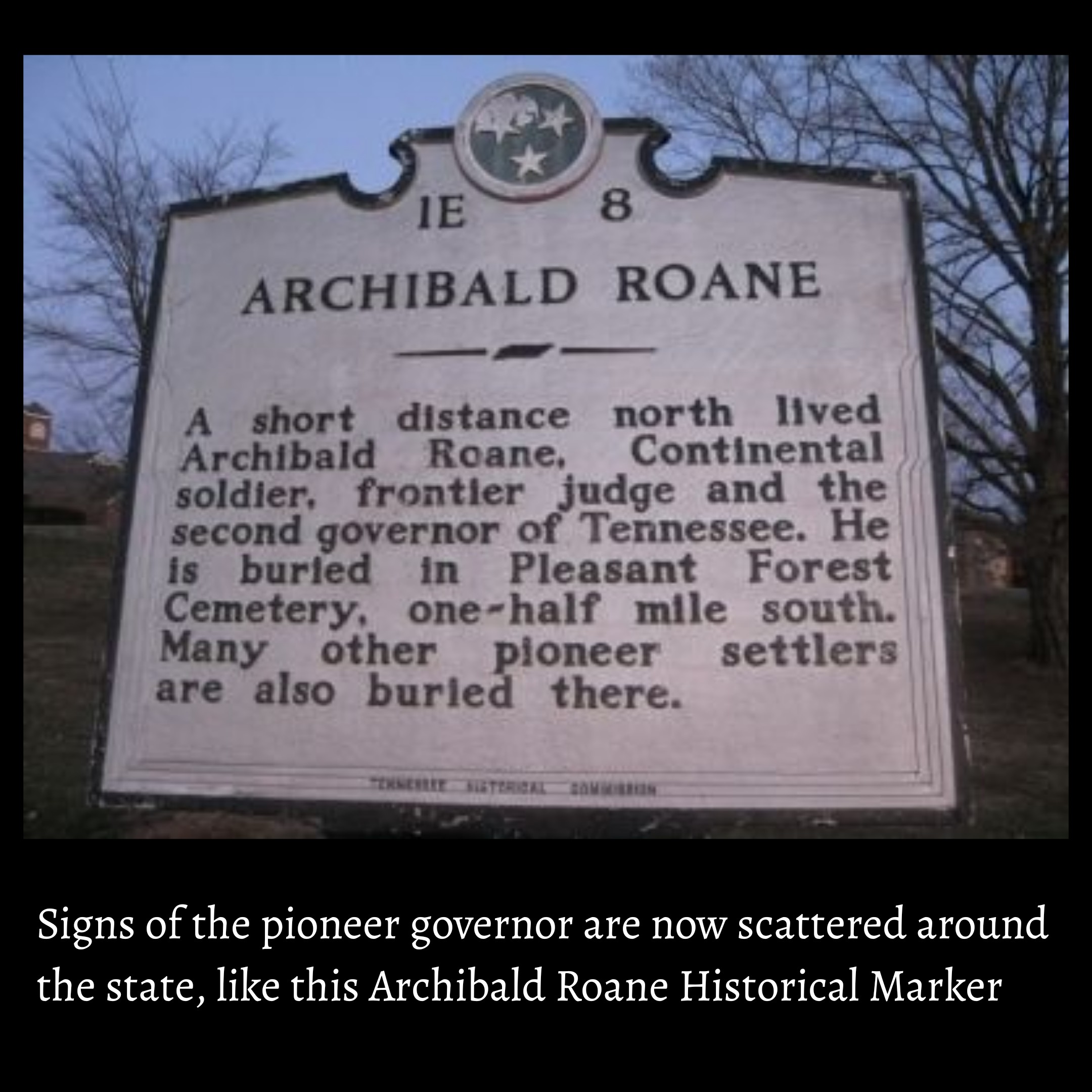The Most Disrespected Governor of Tennessee
Archibald Roane, the second governor of Tennessee, often finds himself cast as the most disrespected Tennessee governor in history. Despite holding a significant position and having a county named in his honor, Roane’s legacy has largely been overshadowed by his political rivals.
Born in Pennsylvania, Roane had impressive military credentials, serving in George Washington's 9th Battalion during the American Revolution. He participated in pivotal moments, including the surrender of Cornwallis in 1781. After the war, Roane pursued a legal career and relocated to Tennessee, where he became the attorney general for the Washington District in 1790.
Roane’s involvement in Tennessee’s political landscape continued to grow. He was a representative at the state’s first Constitutional Convention in 1796, where he affixed his signature to the document that established Tennessee as a state. Subsequently, he was appointed as one of the first judges on Tennessee’s Superior Court of Law and Equity.
In 1801, Roane was elected as the second governor of Tennessee, seemingly with the backing of the popular first governor, John Sevier. During his tenure, Roane sought to reform the militia and improve infrastructure, such as advocating for the Natchez Trace. However, his most controversial decision came in 1803, when he cast the deciding vote in a contentious militia leadership election, favoring Andrew Jackson over Sevier. This decision alienated him from Sevier, marking the beginning of a long feud.
Roane’s governorship was marked by political strife, culminating in his defeat to Sevier in the subsequent election. Although Roane continued to serve in various judicial roles, he remained under the shadow of Sevier’s animosity and faced relentless criticism from Sevier’s supporters. Roane himself acknowledged the burden of having “inveterate enemies” intent on tarnishing his reputation.
The political landscape of Tennessee was shifting, with power moving from East to Middle Tennessee. Many from Roane’s region perceived him as a traitor, further deepening the rift in public perception.
Archibald Roane passed away in January 1819, but his legacy as the most disrespected Tennessee governor endured. His obituary in the Knoxville Gazette notably omitted his governorship, emphasizing instead his private virtues. This neglect continued with his family; upon his daughter’s marriage and after the deaths of his widow and son, the local press failed to acknowledge his role as governor.
For nearly a century after his death, Roane was without a proper tombstone, highlighting the erasure of his contributions. It wasn’t until 1918, after persistent efforts by advocates like Dr. R.M. Tillery, that a monument was finally erected at his grave.
Archibald Roane’s story serves as a reminder of how political rivalries can overshadow a person's accomplishments, leaving him as perhaps the most disrespected Tennessee governor in history. His efforts to serve and lead, while overshadowed by controversy, laid important groundwork for the state’s future.













